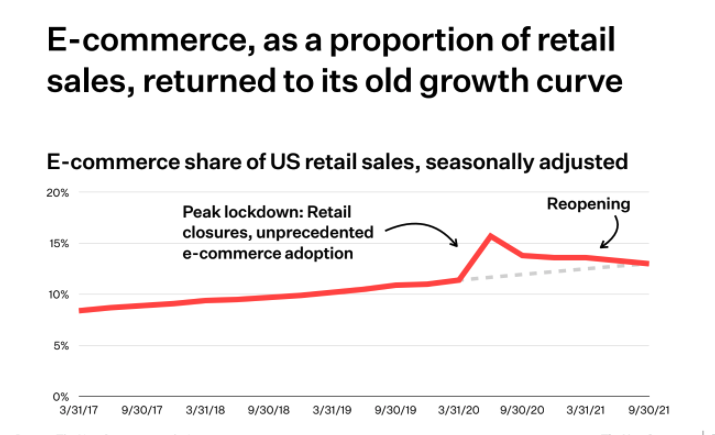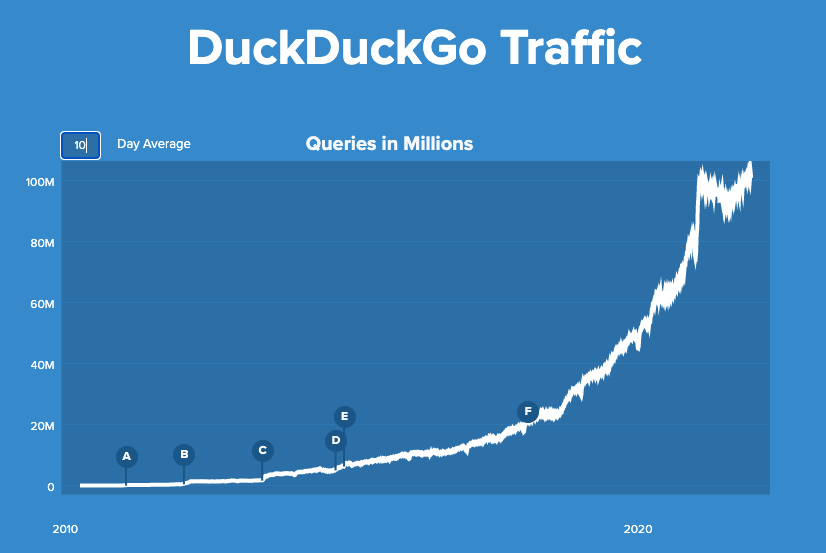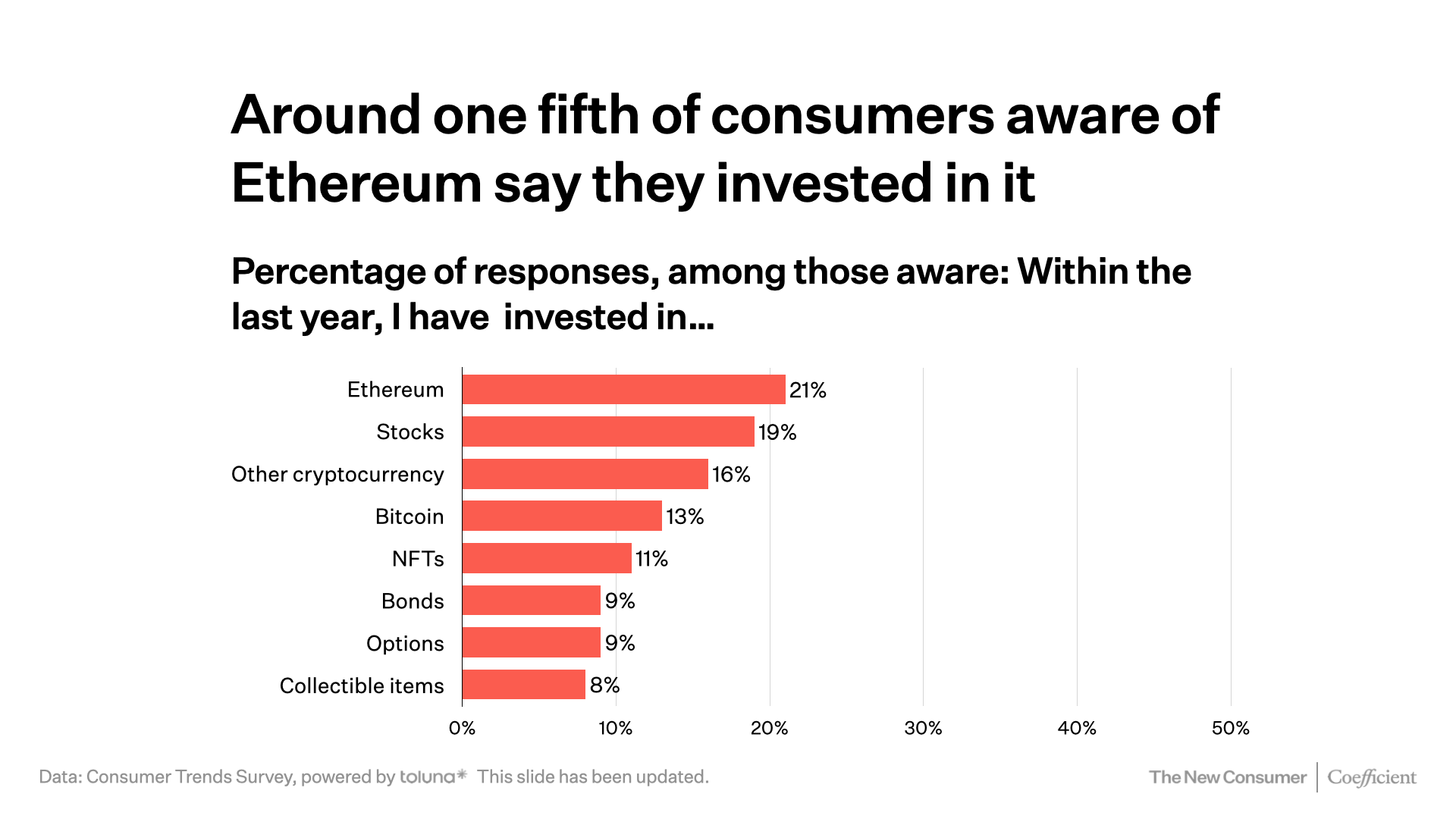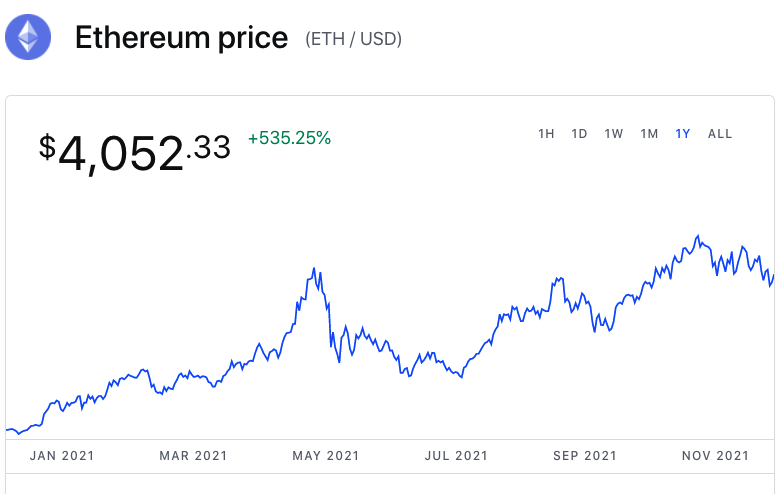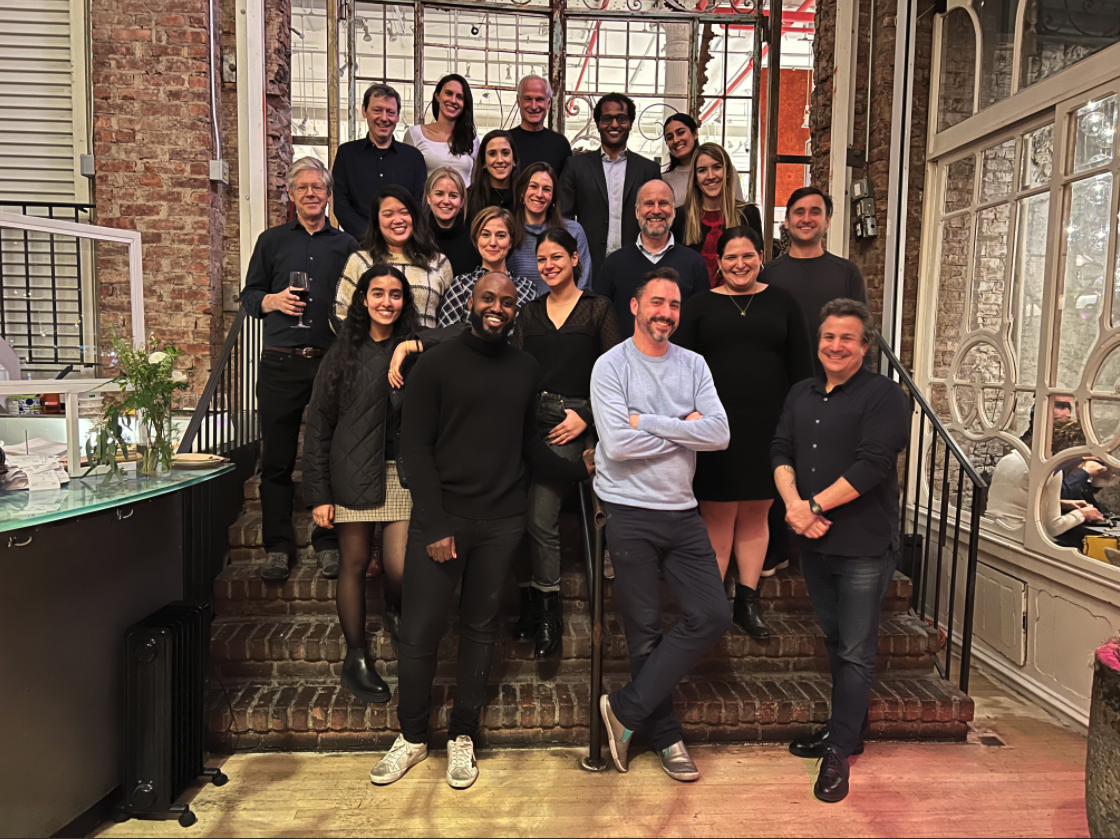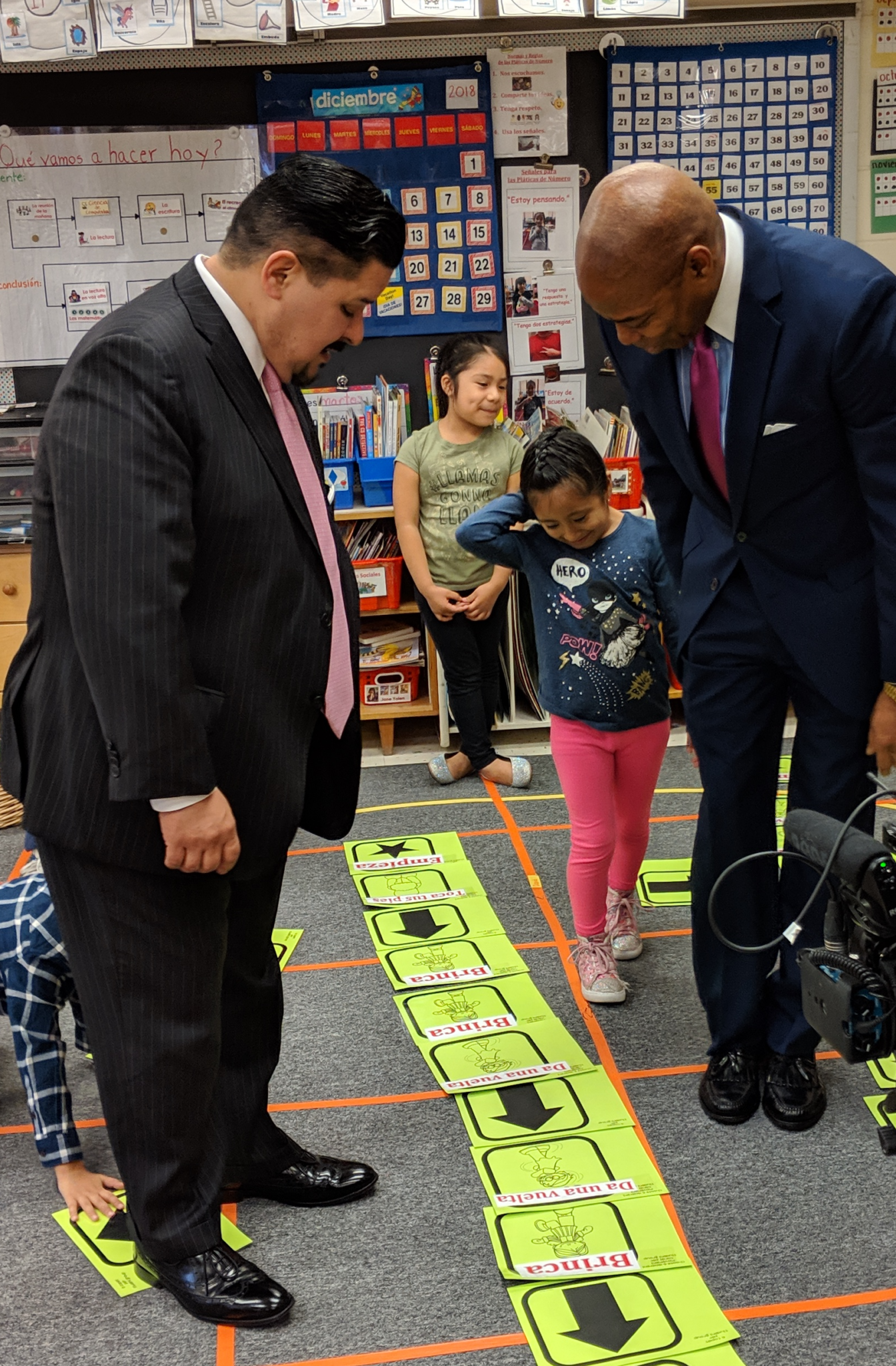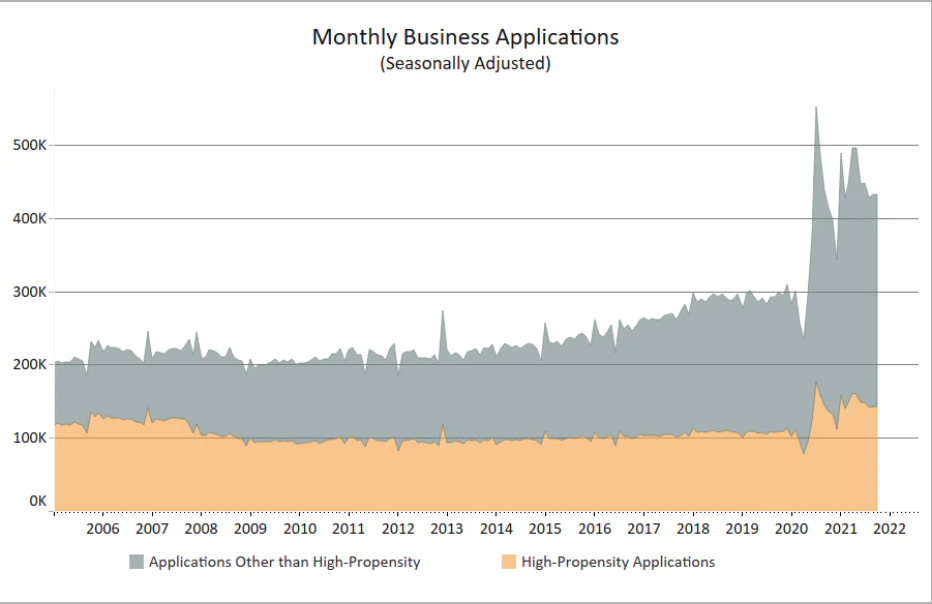What Happened In 2021
As is my custom here at AVC, I like to end the year looking back and start the year looking forward.
This post will be the look back and I started by revisiting my look forward into 2021 that I wrote on New Year’s Day 2021.
In my typical optimist fashion, I was dead wrong about how quickly the pandemic would fizzle out. I predicted that vaccines plus immunity from those who had been infected would end the pandemic by mid-year 2021. That was obviously totally wrong and I am sitting here isolating with my own Covid case (seven days in now). I can’t imagine a more appropriate “punishment” for getting that one wrong.
I got the rest mostly right and when I look back at 2021, what I see is a world that is changing before our very eyes; becoming more digital (leading to metaverse fever in tech), less tethered to a job and place to work (and live because of work), warmer, more prone to natural disasters, and tribalizing along different dimensions than what has divided us in the past.
In truth 2021 was a deeply troubling year and no wonder that mental health issues abound among all of us, but particularly our young. Nothing seems right anymore. We must face that and then fix it.
Of course, 2021 was a great year for the financial markets, both stocks and blockchain assets. Even with a big year-end selloff, which I believe was mostly tax-driven (we will see soon if I am right about that), investors who owned tech stocks and blockchain assets saw huge gains in 2021. USV was no different. We had a banner year.
But that also means that it is on us who have benefitted the most to work harder and invest to address some of these troubling issues. We are doing that with our first climate fund, which we have been investing aggressively and we hope to have a second one to invest before the end of 2022. We are seeking to both invest in technologies/companies that can mitigate the climate crisis and that can help us adapt to the changes that are permanent and we must accept that many will be.
I want to return to the pandemic before I wrap this year-end post. Sitting here with a mild case but isolating so I don’t pass it on brings home for me that our society has really struggled to find the right balance between what is right for the individual and what is right for society during this pandemic. We can’t agree on anything. Vaccines, masks, lockdowns, schools, offices, etc. Those who have a high tolerance for risk believe that we have gone way overboard in trying to manage this pandemic when we never could. Those who believe in government, public health, etc, believe that those with a high tolerance for risk are putting all of us at risk. And I think the truth lies somewhere in between. This pandemic is a metaphor for the broader inability of society to find a way to move forward together.
Beyond climate or covid, it is this plague of dissension, doubt, fear, disrust, hate, and worse that is our biggest challenge and one that is very much raging across our world right now. That’s what 2021 brought home for me.
